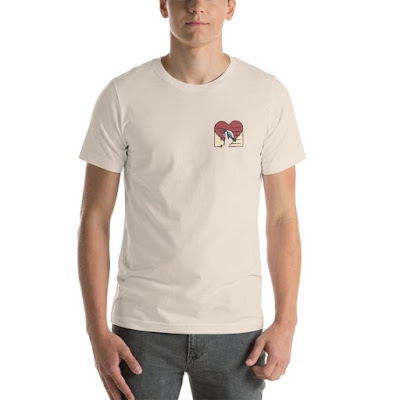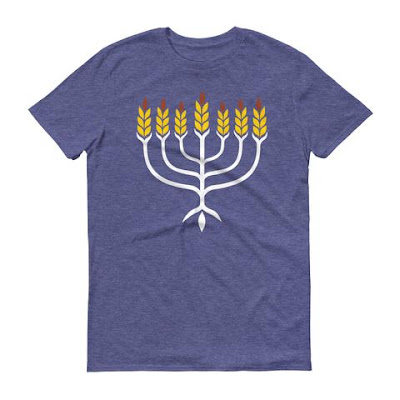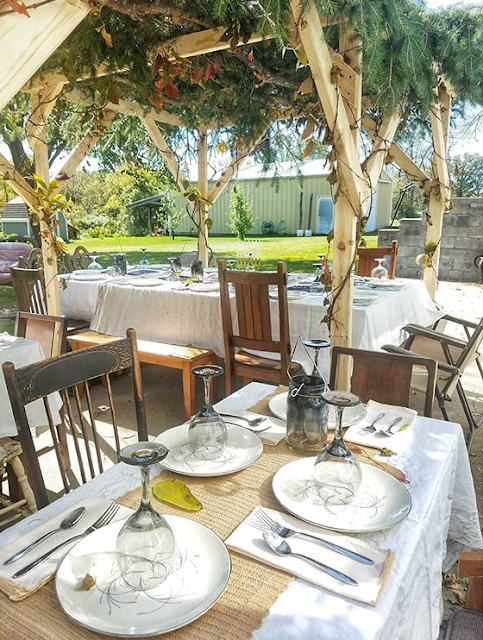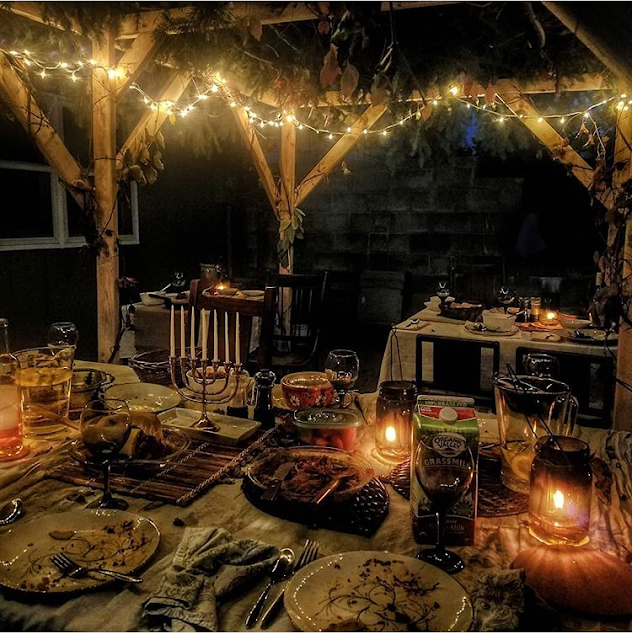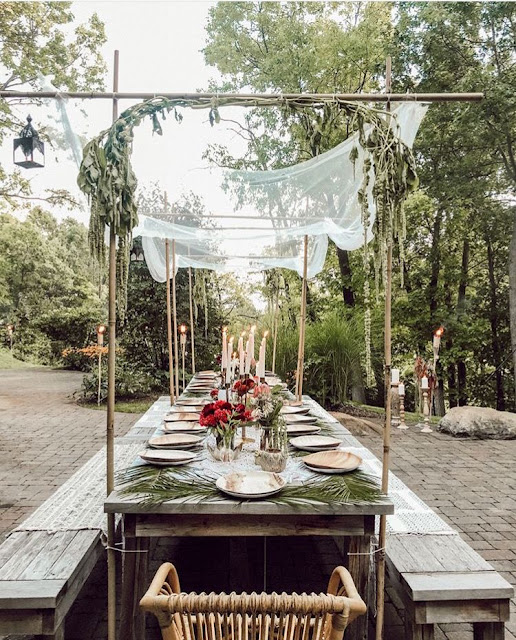Seeing the distinction between the Northern and Southern Kingdoms of Israel in the Bible is essential to understand many of the events in the Old Testament and many things that happen in the New Testament, including statements made by the Messiah! If we don't have correct understanding of these separate entities, much of Scripture isn't going to make sense, and we will misunderstand our own identity.
Let's start off by looking at the Biblical term for YHWH's people: Israel. This term that means "overcoming with YHWH" or "YHWH overcomes" is first given to Jacob in Genesis 32:28. The term is then passed on to his family, including anyone not biologically related who chooses to serve YHWH and to overcome with him. The twelve tribes of Israel come from Jacob's sons: Reuben, Simeon, Levi, Judah, Dan, Naftali, Gad, Asher, Issachar, Zebulon, Joseph (which is subsequently given to his own sons - Ephraim and Manasseh), and Benjamin. While in Egypt their families grew into a great nation. The people of Israel were united through the Exodus, the years in the wilderness, the time of Joshua and Judges, and through the reigns of Kings Saul, David, and Solomon.
Shortly after the death of King Solomon, there was a dispute between the people their new king, Rehoboam. The people wanted him to lift the heavy burden of forced labor and taxation from the rule of Solomon but he he refused and the majority of Israel's tribes decided to stop honoring Rehoboam as their leader. The tribes of Judah and Benjamin, and at least part of Levi stuck with Rehoboam in the Southern Kingdom, while the majority of the tribes united as the Northern Kingdom. As the name of Israel was legally passed to Ephraim in Genesis 48:12-20, Ephraim and the other tribes in the North were collectively still known as Israel. Meanwhile the Southern Kingdom was known as Judah.
Why does this distinction matter?
-The restoration of Israel is one of the main themes of Scripture. Scholars say that you're going to misunderstand 7/8 of the Bible if you don't make this distinction. If you don't differentiate the Northern and Southern Kingdoms, good luck trying to understand Kings as anything beyond legendary stories. You'll miss much of the Messiah's work, and many prophecies won't make sense at all. The terms are different because they mean different things. Lumping Israel and Judah together after 1 Kings 12 is going to cause confusion.
-Many have erroneously taught that only Jewish people (those descending from the tribe of Judah) are the chosen people of YHWH. Scripture does not teach this. What Scripture does teach is that Yahusha came for the lost tribes of Israel (Matthew 15:24). The Messiah came for all the tribes. Whether the tribe of Judah or Issachar or Ephraim or Gad, all are important to YHWH. When we realize that his people include all the tribes, we see the family growing by millions and millions. Most people with ancestry in ancient Israel are not Jews and do not come from Jews. Of course Scripture teaches that anyone covered by the blood of the Messiah is part of the people of Israel, regardless of if they have any blood connection to any of the twelve tribes.
-Believe that you are a gentile, and you will likely end up living like a gentile. There are many who sincerely desire to be part of YHWH's people, but live in ways that are totally against what he instructs...largely because they don't realize they are part of Israel! Again, this has nothing to do with your bloodline. It is your choice to join YHWH's people or not. Understanding that you are part of this is a wake up call that YHWH wants you to live differently than the rest of the world.
Have you ever considered that your ancestors could have seen the Dead Sea parted or lived in the Promised Land? That is such an amazing thought! It's very possible that your family could come from the Northern Kingdom of Israel. Lots of books and research suggest the migration of the Northern Kingdom tribes all over the world, so no matter what your nationality or ethnicity is, you could physically be from the house of Israel. While knowing for sure you are from a tribe of Israel may be lost to us, it is certainly not lost from YHWH. If we don't make the distinction between the North and South Kingdoms it's easy to miss Scripture's promise that YHWH will restore the lost tribes.



